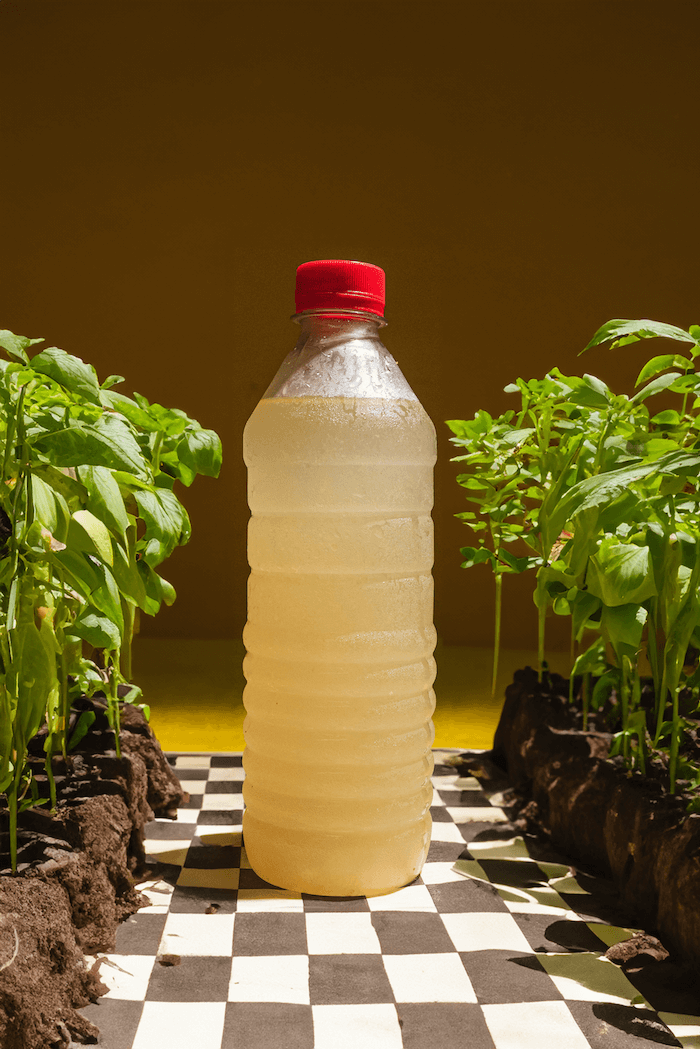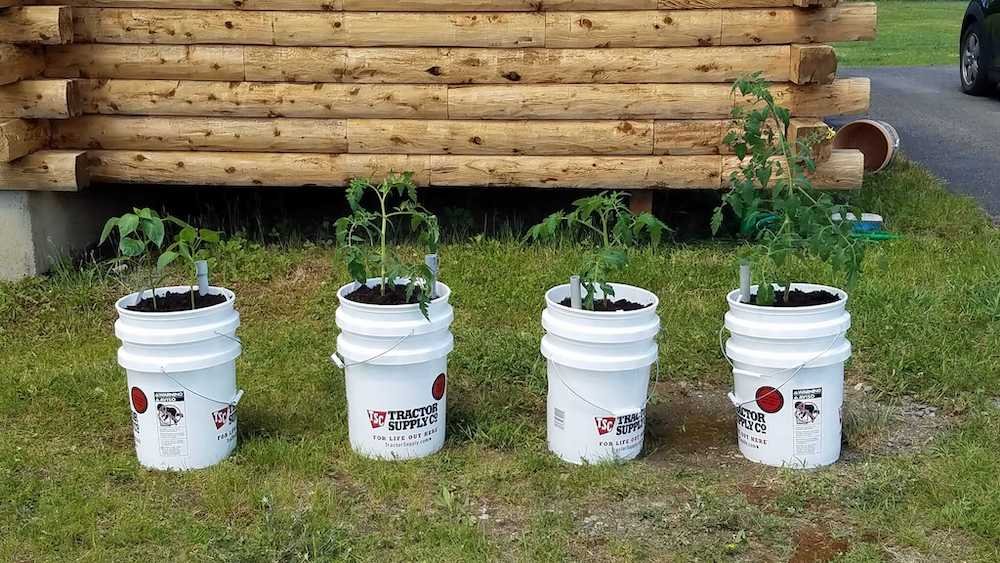Unleash Flavor: Your Guide to Using Mint Extract in Everyday Cooking
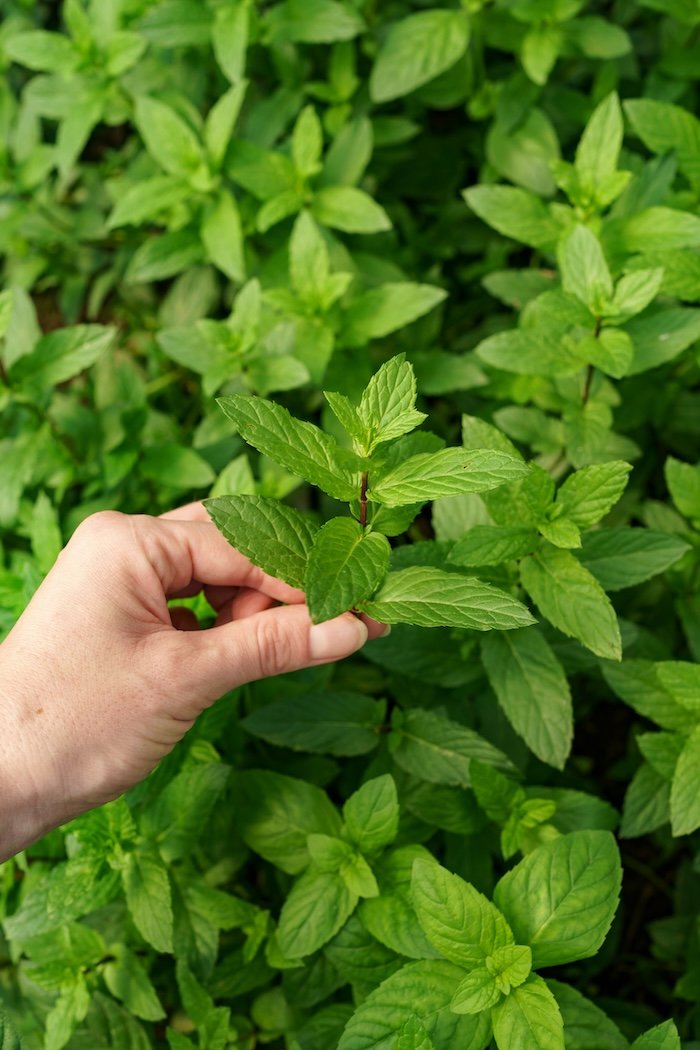
Ever wonder how to give your cooking a fresh, exciting twist? Mint extract might just be your secret weapon! This little bottle holds a powerful punch of flavor that can transform everyday dishes into something special. Forget just fresh mint; the extract offers a concentrated burst that’s super handy in the kitchen. We’re talking about making your desserts sing, adding a surprising kick to savory meals, and even jazzing up your drinks. Get ready to discover all the cool ways you can use mint extract to make your food taste amazing.
Key Takeaways
- Mint extract is a strong flavor, so a tiny bit goes a long way. Start with just a drop or two.
- It’s great for desserts, giving a cool taste to things like chocolate or fruit.
- You can use mint extract in savory dishes too, it helps balance out rich flavors.
- Don’t forget drinks! Mint extract can make your teas, coffees, and smoothies really refreshing.
- Always add mint extract near the end of cooking to keep its fresh smell and taste strong.
Unlocking the Magic of Mint Extract
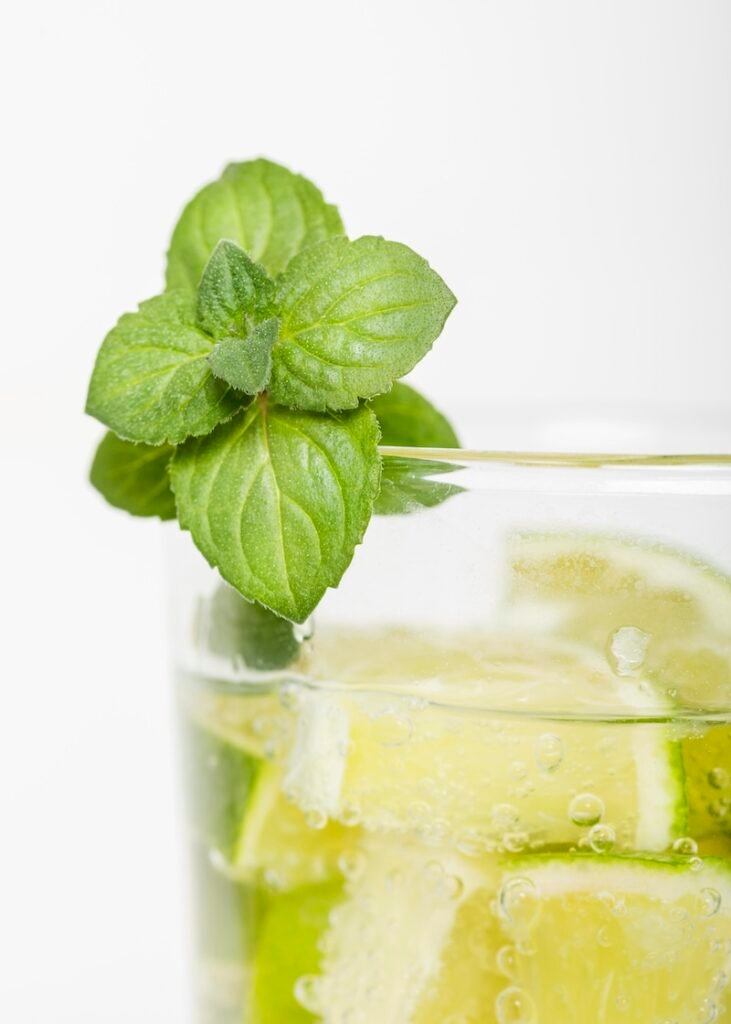
What Exactly is Mint Extract?
Mint extract is basically mint flavor in a bottle. It’s made by extracting the essential oils from mint leaves, usually through a process of soaking the leaves in alcohol. This process pulls out all the good stuff – the flavor and aroma – leaving you with a concentrated liquid that packs a serious minty punch. Think of it as the essence of mint, ready to add a burst of freshness to your cooking and baking. It’s way more potent than fresh mint, so a little goes a long way!
Why Choose Mint Extract Over Fresh Mint?
Okay, fresh mint is great, don’t get us wrong. But sometimes, extract is just the better option. Here’s why:
- Concentrated Flavor: Mint extract delivers a consistent, intense flavor that can be hard to achieve with fresh mint, especially if your mint isn’t at its peak.
- Convenience: No washing, chopping, or muddling required! Just a few drops from the bottle, and you’re good to go. This is especially useful when you want a quick burst of flavor without the extra prep.
- Shelf Life: Fresh mint wilts and browns pretty quickly. Mint extract, on the other hand, can last for ages in your pantry. This makes it a reliable option when you need that minty touch but don’t have fresh herbs on hand. You can even use it to make compost tea for your garden.
- Versatility: Extract mixes seamlessly into batters, doughs, and liquids, ensuring even distribution of flavor. Fresh mint can sometimes be a bit clumpy or uneven.
A Little Goes a Long Way
This is super important: mint extract is potent. Seriously potent. Start with just a drop or two, taste, and then add more if needed. It’s way easier to add more than to try and take away that overpowering minty flavor. Trust us, we’ve been there. Think of it like this:
A tiny bottle holds a lot of power. It’s better to be cautious and build up the flavor gradually than to accidentally create a minty monster. Always err on the side of less, especially when you’re first experimenting with a new recipe.
Sweet Sensations: Mint Extract in Desserts
Cooling Down with Minty Treats
Who doesn’t love a good dessert? And when you add mint extract, it’s like a flavor explosion! We’ve found that mint extract can transform ordinary desserts into something truly special. Think about it: mint chocolate chip ice cream, peppermint bark, or even a simple mint-infused syrup over vanilla ice cream. The possibilities are endless, and the results are always refreshing. Mint extract brings a cool, clean taste that balances the sweetness perfectly.
Baking with a Burst of Freshness
Baking with mint extract is easier than you might think. We often add it to cookie dough, cake batter, and even brownie mixes. A little goes a long way, so start with a small amount and taste as you go. We’ve learned that adding mint extract at the end of the baking process helps preserve its flavor. Here are some ideas:
- Mint Chocolate Chip Cookies: Add 1/2 teaspoon of peppermint extract to your favorite chocolate chip cookie recipe.
- Mint Brownies: Swirl a few drops of spearmint extract into the brownie batter before baking.
- Peppermint Cupcakes: Add 1/4 teaspoon of peppermint extract to the frosting for a festive touch.
Syrups and Sauces: A Drizzle of Delight
Mint-infused syrups and sauces are a fantastic way to add a touch of elegance to your desserts. We love making a simple mint syrup to drizzle over pancakes, waffles, or even fresh fruit. It’s incredibly easy to make and adds a burst of flavor. You can also use mint extract to create a refreshing mint chocolate sauce for ice cream or a mint glaze for cakes. For a festive treat, consider peppermint bark. The intense peppermint flavor complements the sweetness of white and dark chocolate. Add 1 teaspoon of peppermint extract to achieve the perfect balance.
We’ve found that the key to a great mint syrup is to use high-quality mint extract and to let the flavors meld together for at least an hour before using. This allows the mint flavor to fully infuse the syrup, creating a more intense and delicious taste.
And if you’re looking for a simple way to elevate plain rice, a touch of lemon zest can make all the difference. For a refreshing summer drink, try our honey lemonade recipe.
Savory Surprises: Mint Extract in Main Dishes
We often think of mint as a dessert ingredient, but it can add a surprising and delightful twist to savory dishes. It’s all about finding the right balance and using it strategically. Let’s explore how we can incorporate mint extract into our main courses for a refreshing and unexpected flavor profile.
Balancing Rich Flavors with Mint
Mint extract can be a fantastic counterpoint to rich, heavy flavors. Think about how it can cut through the richness of lamb or complement the gaminess of certain meats. We’ve found that a touch of mint extract can brighten up dishes that might otherwise feel too heavy, especially in warmer months. It’s like adding a little sparkle to the dish, making it more interesting and palatable. The key is to use it sparingly; we don’t want to overpower the other flavors, just enhance them.
Marinades and Rubs: Infusing Your Meats
We’ve experimented with adding mint extract to marinades and rubs for meats, and the results have been quite impressive. A few drops of mint extract in a marinade for lamb or chicken can infuse the meat with a subtle, refreshing flavor. It works particularly well with Mediterranean-inspired dishes. For rubs, we like to combine mint extract with other herbs and spices like rosemary, thyme, and garlic. This creates a complex flavor profile that complements the meat beautifully. Just remember to start with a small amount of extract and adjust to taste. We don’t want the mint to be the only thing we taste!
Salads and Sides: A Refreshing Twist
Salads and sides are another great way to incorporate mint extract into our savory cooking. We’ve found that a few drops of mint extract can add a refreshing twist to simple salads, especially those with cucumbers or tomatoes. It also works well in dressings, adding a bright, herbaceous note. For sides, we like to add mint extract to dishes like couscous or quinoa, along with other herbs and spices. This creates a flavorful and aromatic side dish that complements a variety of main courses. Consider adding a mint sauce for lamb for a classic pairing.
Mint extract is a powerful ingredient, so it’s important to use it judiciously. Start with a small amount and add more to taste. We’ve found that it’s always better to err on the side of caution, as it’s easier to add more mint extract than to take it away.
Here are some unexpected uses for mint in cooking:
- Mint and Cucumber Soup: A cool, refreshing appetizer.
- Herbed Mint Rice: Peppermint, parsley, and a touch of lemon zest elevate plain rice to superstar status.
- Mint Butter: Slather this on grilled corn or root veggies, and you might need a cold shower after. It’s that good.
Beyond the Plate: Mint Extract in Beverages
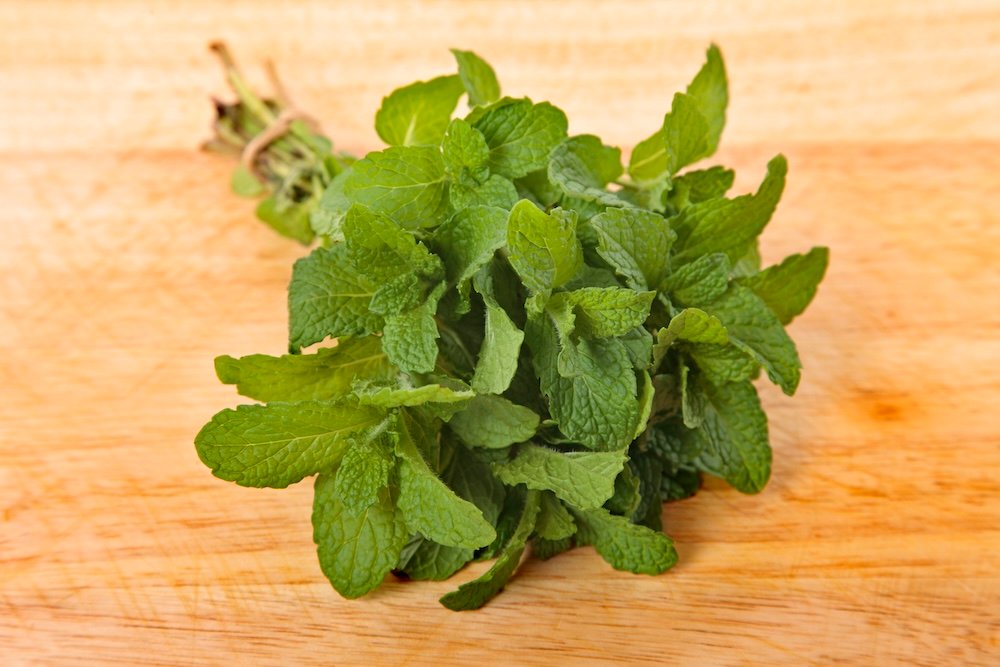
We often think of mint extract for baking, but let’s not forget its potential in drinks! It’s a fantastic way to add a refreshing twist to your favorite beverages, both hot and cold. Forget muddling leaves – a few drops of extract can give you that minty zing instantly. It’s especially useful when you don’t have fresh mint on hand, or you want a more consistent flavor.
Crafting Refreshing Drinks
Mint extract is a game-changer for creating refreshing drinks. Think beyond just adding it to water! We can use it to make homemade sodas, lemonades, and even cocktails. A few drops in a simple syrup can transform it into a mint-infused sweetener for all sorts of concoctions. Consider adding it to your next batch of iced tea for a cool, revitalizing beverage. It’s also great in cocktails like a mint margarita or a mint martini, offering a clean, consistent mint flavor without the need for muddling.
Hot Teas and Coffees with a Minty Kick
On a chilly day, nothing beats a warm drink with a hint of mint. We love adding a drop or two of mint extract to our hot chocolate, coffee, or tea. It’s a simple way to elevate your everyday beverage into something special. Peppermint extract works particularly well in hot chocolate, creating a cozy, festive drink. Spearmint extract can add a more subtle, refreshing note to green tea or herbal infusions. It’s a great way to enjoy a minty kick without the hassle of steeping fresh mint leaves.
Smoothies and Shakes: A Cool Addition
Mint extract can also be a fantastic addition to smoothies and shakes. It pairs well with chocolate, fruits like berries and bananas, and even vegetables like spinach. A few drops can transform a regular smoothie into a refreshing, invigorating treat. We often add it to our post-workout shakes for a cool, revitalizing boost. It’s also a great way to add a touch of freshness to heavier shakes, balancing out the sweetness and richness. It’s a simple way to make your smoothies and shakes more interesting and flavorful.
Mint extract is a versatile ingredient that can add a refreshing twist to a wide range of beverages. Whether you’re looking to create a cooling summer drink or a cozy winter warmer, mint extract is a simple and effective way to elevate your beverage game. Just remember to start small and adjust to taste!
Tips and Tricks for Using Mint Extract
Starting Small: The Power of a Drop
When it comes to mint extract, remember that less is often more. Mint extract is incredibly potent, and it’s easy to accidentally overpower your dish. We always start with just a drop or two, taste, and then add more if needed. It’s much easier to add more extract than to try and salvage a dish that’s become overwhelmingly minty. Think of it like adding salt – you can always add more, but you can’t take it away! This is especially true if you’re new to using mint extract in your cooking.
When to Add Mint Extract for Best Flavor
The timing of when you add mint extract can significantly impact the final flavor of your dish. Heat can diminish the delicate flavors of mint, so we generally add it towards the end of the cooking process. For baked goods, we stir it in just before pouring the batter into the pan. For sauces and beverages, we add it right before serving. This helps preserve the fresh, vibrant flavor of the mint. Adding it too early can cause the flavor to fade or even develop a slightly bitter taste. Consider these points:
- Baked goods: Add just before baking.
- Sauces: Stir in at the end.
- Beverages: Add right before serving.
Storing Your Mint Extract for Longevity
Proper storage is key to maintaining the quality and flavor of your mint extract. We always store our mint extract in a cool, dark place, away from direct sunlight and heat. A pantry or cupboard is ideal. Make sure the bottle is tightly sealed to prevent evaporation and oxidation. With proper storage, your mint extract can last for quite a while, but it’s always a good idea to check the expiration date. If the extract starts to lose its potency or develop an off-flavor, it’s time to replace it. Here’s a quick guide:
- Cool, dark place
- Tightly sealed bottle
- Check expiration date
Storing your mint extract correctly ensures that it retains its flavor and potency for as long as possible. This not only saves you money but also guarantees that your dishes will always have that perfect minty touch. Remember, a little care goes a long way in preserving the quality of your ingredients.
Exploring Different Mint Extract Varieties
We’ve talked a lot about using mint extract, but did you know there’s more than one kind? Just like with fresh mint, the extract comes in different varieties, each with its own unique flavor profile. Let’s explore some popular options and how to use them.
Peppermint vs. Spearmint Extract: What’s the Difference?
Okay, let’s break down the two main contenders: peppermint and spearmint. The key difference lies in their menthol content. Peppermint has a higher menthol concentration, giving it that strong, cooling, almost spicy flavor. Spearmint, on the other hand, is milder and sweeter. Think of peppermint as the bold, assertive mint, and spearmint as its gentler, more approachable cousin. It’s like the difference between a punchy homemade cayenne pepper powder and a sweet paprika.
When to Use Each Type of Mint Extract
So, when do you reach for peppermint versus spearmint? It really depends on what you’re making. Here’s a quick guide:
- Peppermint: Best for things like peppermint bark, candy canes, chocolate mint desserts, and anything where you want that intense minty kick. It’s also great in hot chocolate or coffee for a winter warmer.
- Spearmint: A better choice for things like mojitos, mint tea, lamb dishes, or anything where you want a more subtle, refreshing mint flavor. It’s also fantastic in fruit salads or as a complement to other herbs.
- Experiment: Don’t be afraid to experiment! Sometimes, a blend of both can create a really interesting flavor profile.
Consider your personal preferences and the intended use of the mint when selecting your varieties. You can also experiment with different combinations to create unique flavor profiles that suit your palate.
Experimenting with Unique Mint Blends
Once you’re comfortable with peppermint and spearmint, why not branch out? There are tons of other mint varieties out there, and while you might not find them all in extract form, it’s worth exploring. Think about chocolate mint extract for a decadent dessert, or maybe even a hint of orange mint extract in a summer cocktail. The possibilities are endless! Mint extract is a great way to add a unique twist to your cooking and baking. Have fun and see what you can create!
Common Mistakes to Avoid with Mint Extract
Overpowering Your Dish: Less is More
One of the biggest pitfalls we see is using too much mint extract. It’s way more concentrated than fresh mint, so a tiny amount can have a huge impact. We’ve all been there, adding a dash too much and suddenly our dessert tastes like toothpaste. Start with the smallest amount possible – seriously, a single drop – and then taste and adjust. You can always add more, but you can’t take it away! Trust us on this one.
Adding Too Early: Preserving the Aroma
Heat can be the enemy of mint extract’s delicate flavor. If we add it too early in the cooking process, especially when baking, the heat can cause the volatile oils to evaporate, leaving you with a muted, almost chemical taste. For the best results, we like to add mint extract towards the end of cooking, or even after the heat is off, like when making peppermint simple syrup. This helps preserve that bright, refreshing minty punch.
Ignoring Quality: Choosing the Best Mint Extract
Not all mint extracts are created equal. We’ve learned that cheaper extracts often use artificial flavors or lower-quality mint, which can result in a less authentic and sometimes even bitter taste. It’s worth investing in a good-quality extract made with real mint. Look for extracts that list “mint oil” or “Mentha spicata” (for spearmint) or “Mentha piperita” (for peppermint) as the primary ingredient. You’ll notice the difference in the final product.
Using high-quality mint extract can really make or break your dish. We’ve found that spending a little extra on a good brand is always worth it in the end. It’s like the difference between a cheap bottle of wine and a good one – you can taste the quality.
Here are some things we consider when buying mint extract:
- Read the label: Look for natural ingredients and avoid artificial flavors.
- Check the color: A clear, vibrant color is usually a good sign.
- Smell it: The aroma should be fresh and minty, not artificial or chemical.
Wrapping Things Up
So, there you have it! We’ve gone through a bunch of ways to use mint extract in your everyday cooking. It’s pretty cool how a little bit of this stuff can change a dish, right? From making your desserts pop to giving savory meals a fresh kick, mint extract is a real game-changer. Don’t be shy about trying it out in your own kitchen. Start small, see what you like, and just have fun with it. You might just find your new favorite flavor!
Frequently Asked Questions
What is mint extract?
Mint extract is a strong liquid flavor made by soaking mint leaves in alcohol. This process pulls out the mint’s taste and smell, giving you a very powerful flavor in a small bottle. It’s like the super-concentrated version of fresh mint.
Why should I use mint extract instead of fresh mint?
Mint extract is much stronger than fresh mint, so you only need a tiny bit to get a lot of flavor. It’s also super handy because it lasts a long time in your pantry, unlike fresh mint which goes bad quickly. Plus, you don’t have to chop anything!
When is the best time to add mint extract to my recipes?
When you’re baking or cooking, it’s usually best to add mint extract closer to the end. If you add it too early, especially in things that cook for a long time, the heat can make the flavor disappear. Adding it later helps keep that fresh, minty taste strong.
How much mint extract should I use?
Start with just a drop or two! Mint extract is very strong, and a little goes a long way. You can always add more if you want a stronger taste, but it’s really hard to fix a dish that has too much mint.
What’s the difference between peppermint and spearmint extract?
The two main kinds are peppermint and spearmint. Peppermint has a stronger, cooler, almost tingly taste, like a candy cane. Spearmint is milder and sweeter, often used in things like chewing gum or savory dishes.
What kinds of foods can I use mint extract in?
You can use mint extract in so many ways! It’s great in desserts like cookies, brownies, and ice cream. You can also add it to drinks like hot chocolate or smoothies. For something different, try a tiny bit in savory dishes like lamb or even in salad dressings for a fresh kick.






